Clare Smyth: ‘A crisis teaches you how adaptable you are’
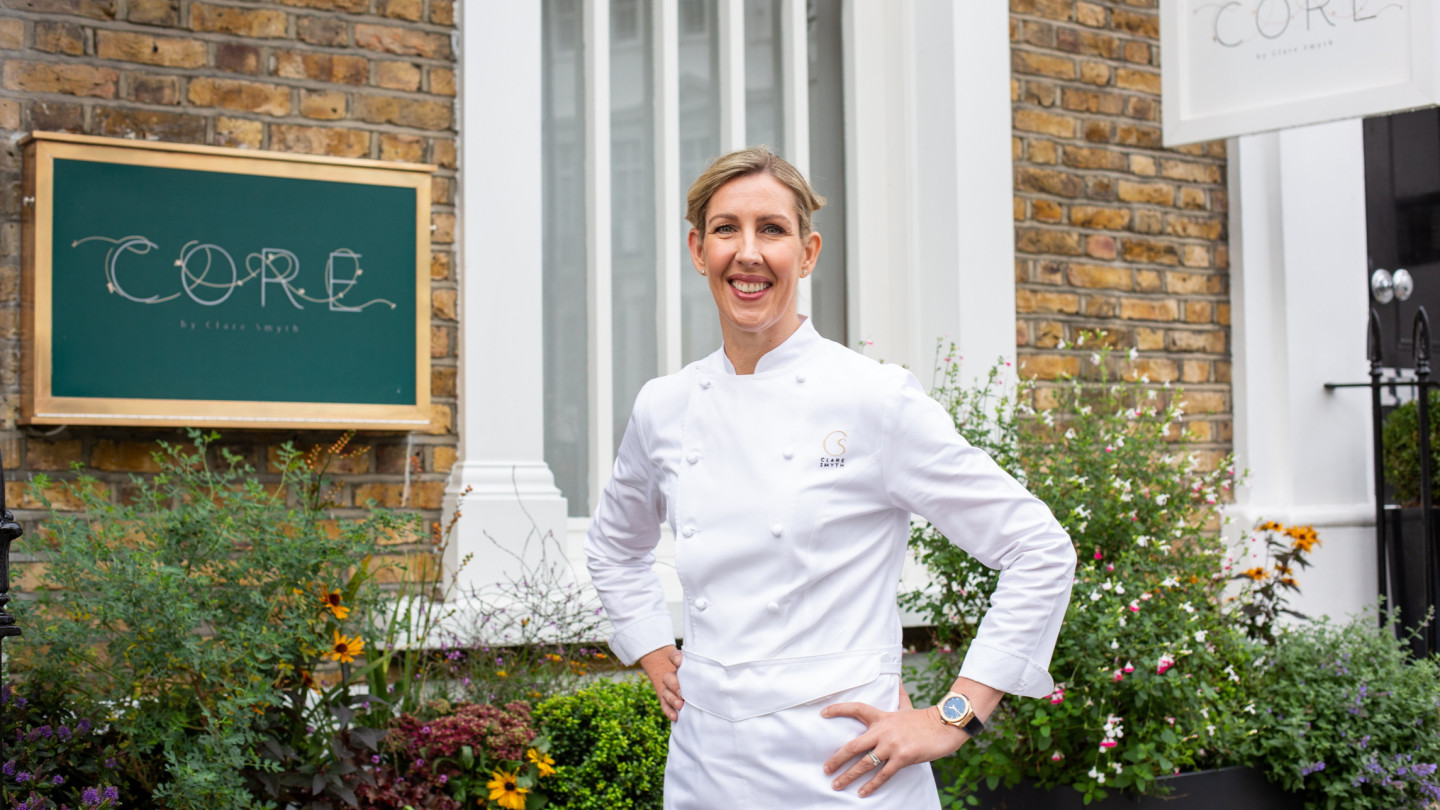
Roula Khalaf, Editor of the FT, selects her favourite stories in this weekly newsletter.
The hospitality industry was at the sharp end of the economic havoc wreaked by Covid-19 — but one jewel in London’s fine-dining crown found some creative ways to improvise for survival.
When Clare Smyth opened her first restaurant in 2017, she wrote the business plan, negotiated the property lease, and shaped the interior design. Not all chefs roll their sleeves up this far to nurture a new business, but Smyth had absorbed a lot about the trade after almost two decades at the Gordon Ramsay Group.
Joining as a kitchen junior, she rose through the ranks to be chef patron at the Royal Hospital Road restaurant. “Even as a sous chef at 25 years old [at Gordon Ramsay Group], I would go to the boardroom and go through the profit and loss,” she recalls. “I’ve always been interested in business.”
The result is an upscale dining room, Core by Clare Smyth — a sleek celebration of British produce and artisans, which won three Michelin stars in 2021. Despite luxury signals emitting from every square inch of the restaurant in west London’s Notting Hill, it has a reputation as one of the more relaxing high-end options on the capital’s food scene.
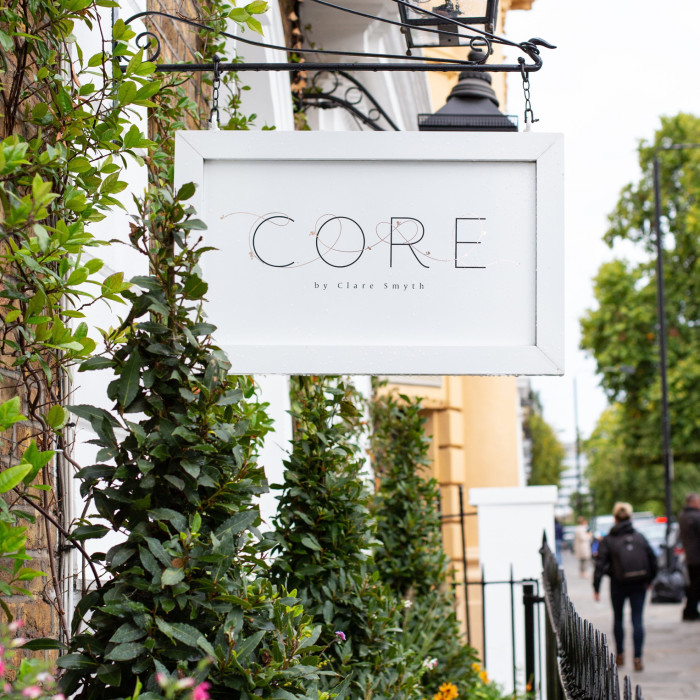
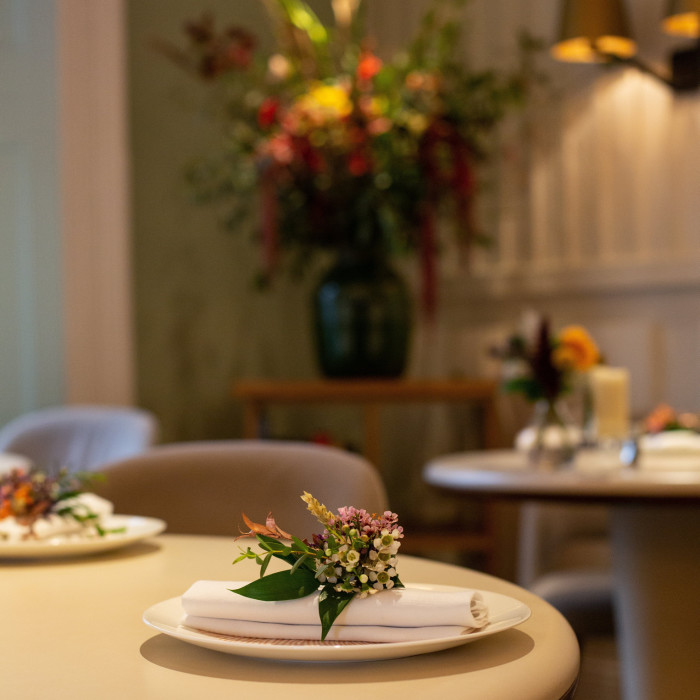
Core had yet to celebrate its third birthday, however, when Covid-19 forced the restaurant to bolt its doors. “The first three years are really crucial for any business,” Smyth says. “And it’s been a rollercoaster, for sure.”
As well as facing the pressure of managing a fledgling business as the pandemic took hold, she also worried about the entire sector’s chances of survival. “When the lockdowns came, I remember looking in the mirror and asking myself: Are restaurants even going to exist in the future? How am I going to make this work?’’
At this juncture, Smyth used a business intangible to keep the cash flow going. She already had a reputation and a following, which proved invaluable to Core’s pandemic pivot to dine-at-home kits — a move common among other hospitality operators but executed by Smyth and her team with Michelin-grade flamboyance.
“Our guys delivered it in Core uniforms, we filmed the waiters reading the menu, we had playlists, flowers, champagne . . . We were also selling truffles and caviar.”
The “dine at home” restaurant took about 450 covers each weekend, which exceeded pre-pandemic booking numbers. Packaging, delivery and logistics added costs, but “we were able to break even”, Smyth says. “It covered the whole time we were closed. It brought us out on zero. We kept our entire team on full salaries.”
Core has always been run as a “tight ship”, Smyth says. The operation behind it was not heavily financed by investment or debt. “We didn’t have credit,” she explains. “There was a bit of borrowed money from the bank, and some of my own finances, but we didn’t have a huge budget.”
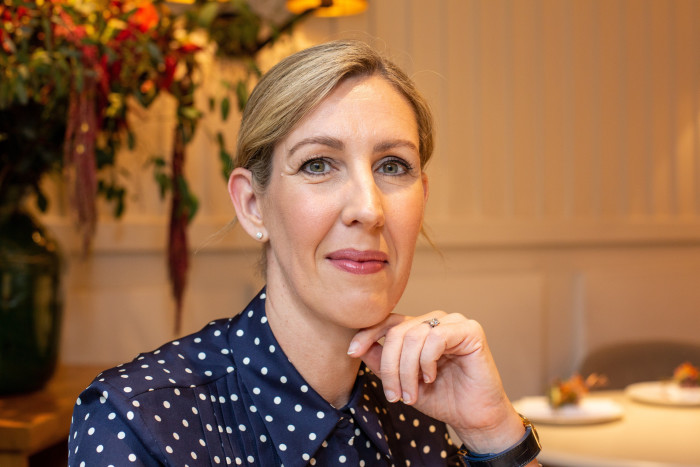
Grant Heath, her financial consultant husband, is co-director of the business and “checks over the figures”, while Rob Rose, restaurant director, and Jonny Bone, head chef, are her “right and left hand”.
Smyth has a reserved, warm persona, and part of her business acuity lies in her understanding that restaurants are built on how they make their customers feel. “We try to make sure that every guest wants to come back. It’s about being grateful for every customer that walks through the door.”
This principle was applied to the customers who had booked Core at Home dinners, who were given priority booking once the dining room reopened. “There is the toughness and stress of the whole thing that was horrible but it teaches you how adaptable you are.”
Smyth frequently credits her team of “brilliant people”, many of whom she has worked with for long periods. A tight team is needed for a relatively small restaurant to attain three Michelin stars, and charge commensurate prices that in turn support the payroll.
More stories from this report
Female-led social enterprise tackles dysfunctional childcare system
Corporate abortion policies further complicate choices for female staff
A push for greater representation in the climate debate
How did your early work experiences shape your career?
Expert witnesses: where are all the women?
Turnover for the last tax year was £5.3mn and the forecast for this year is £5.5mn. Profitability, however, may suffer if food and energy costs continue to fluctuate. In addition, the dwindling numbers of hospitality workers post-Brexit could put pressure on payroll budgets as available staff negotiate higher wages.
“Globally, there is a staff shortage that goes in waves,” Smyth says. “We see salaries inflating astronomically in hospitality, which is unsustainable. I just spoke to someone in Italy and he said [that] from Tokyo to Milan it’s the same thing.” Her headcount at Core now fluctuates between 50 and 52 people.
The classic tasting menu with wine pairing comes to roughly £330 at Core, before any cocktails or truffles have been considered. Prices head north for the more complex menus, but Smyth insists this still offers good value compared with those charged by her peers in Europe and the US.
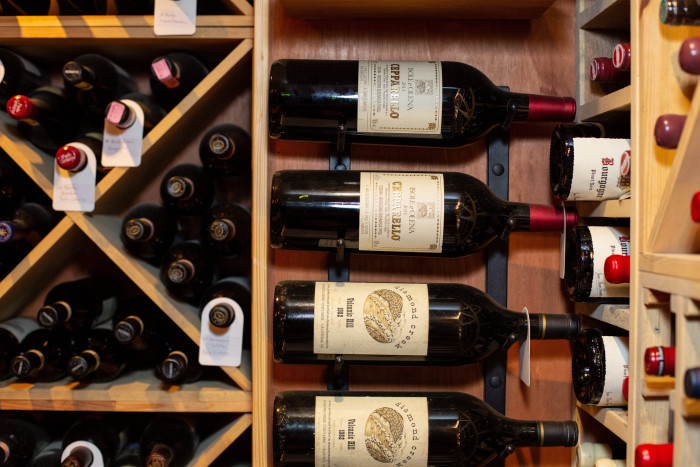
Food costs have been rising since 2019, and are now 35 per cent higher than they were then, she says. On top of that, the cost of energy is “huge”, which Smyth manages on a quarterly basis, to be able to move with the market. “We’re negotiating a new rate for a short term.”
The emphasis at Core on British produce has helped protect it against higher import costs. But by far its biggest weapon against economic and geopolitical turbulence is the fact that many of Core’s customers are untouched by the cost of living crisis. Demand for the tables is solid: “We open our restaurant book 91 days in advance at midnight and it’s filled at midnight,” Smyth says. “We are in a bubble; we’re lucky at the luxury end of the market and we have a big American following.”
Smyth stays on top of things by being at the restaurant every day, unlike many chefs who have their name above the door. Every cost is scrutinised, as is any food thrown in the bin. “You count the money at the end of the day . . . Spending on fresh flowers, for example, is worth it. We are always weighing it up. Getting the margins right.”
A sister restaurant, Oncore, opened in Sydney in 2021 to buzzy reviews. But, for now, Smyth is keeping her powder dry. “I feel like I’m sitting tight with everything,” she says. “We have been looking at other sites [in London] but I’m not in a rush unless something amazing comes along.”
Such prudence, in the end, may be the most potent ingredient of her success. That and a high esteem for the value of a strong team. “The people around me are the best,” Smyth says. “They’ve invested in themselves and they care about what they do. That’s the foundation.”
Women at the Top Americas Summit
Join leaders from Qualcomm Incorporated, PepsiCo, Twitter and more at our Women at the Top Americas Summit. Taking place on November 14 at the Dream Downtown, New York, as well as online, our speakers will discuss how purposeful action from leaders can drive real change. Claim our limited 25% discount offer on our VIP in-person summit using promo code SPECIALREPORT22. Register for your in-person or digital pass today.
Comments